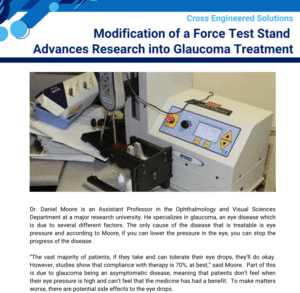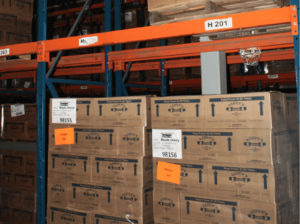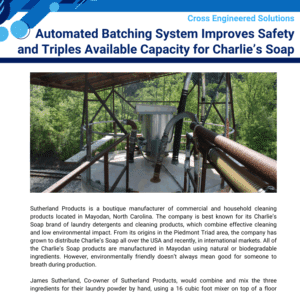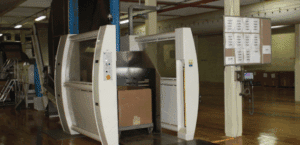Sectional Valves Versus Monoblock Valves
Most hydraulic systems require the use of a directional control valve. With many different styles and setups, it can be difficult to understand which valve type is the best for your system. Knowing what features you need and how it will be controlled is the first step in the process. Sectional valves are the most versatile and configurable valve type, but a monoblock brings many added benefits when properly applied to an appropriate system.
Sectional Valves
Sectional valves have the benefit of being able to add or remove a section as needed. Being able to stock individual sections and build an array of different valve setups makes for less money tied up in stocking and versatility in production. This also makes servicing these valves much easier since you can remove and replace a section and your system is quickly back up and running.

Many sectional valves are built to cover a broader range of higher pressures and flows that many monoblock valves can’t handle. A sectional valve can even functionally work in the place of any monoblock setup but they do have some negative qualities to be aware of. With each section added to the valve, the potential leak points increase as well. There are many different serviceable parts and, when being serviced, if the tie rods that hold the valve together are not torqued correctly then the valve will either leak or the spools will not shift properly.
Monoblock Valves
Monoblock valves are typically much cheaper than sectional valves, which makes them the first option considered in most systems. They are lightweight and significantly more compact than a sectional valve. An often overlooked benefit is that the monoblocks do not have the sectional leak points mentioned above. This prevents many installation and service problems.

Monoblock valves are not without their challenges. Since the entire valve is one casting, if it ever needs to be serviced then the whole valve must be removed. If there is a major problem with a section, the whole valve has to be scrapped, which is more expensive than just replacing a single bad section of a sectional valve. Most monoblocks are targeted for lower to medium flows and pressures, which helps keep cost, weight, and size down but also limits the applications they can be used in.
Sectional vs Monoblock Valve for Your Application
A monoblock valve is the most cost-effective, compact, and lightweight option when it comes to directional control valves when it fits the desired criteria of your system. If you have a varying system that requires a different number of sections from machine to machine and you want to cut down on inventory, then a sectional valve may be the way to go.
Higher pressure and flow systems will likely fall in a sectional valves product line range and would be a wiser choice over a monoblock. You must look at your systems criteria (pressure, flow, number of sections, the variety of sections needed and size restraints) and then determine if a sectional or monoblock valve best fits your design. Work with one of our mobile systems experts to determine which valve is best for your operation. We can also help with hydraulic motors, hydraulic filter selection, and mobile control component sourcing. Cross Company is a proud member of NFPA (the National Fluid Power Association) and closely follows known standards for mobile machinery (such ISO mobile machine standards).





